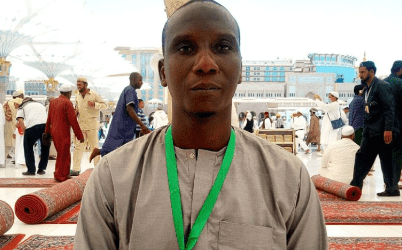Ali Pate, the coordinating minister of health and social welfare, says the federal government will implement a comprehensive and multi-sectoral approach to eradicate malaria in the country.
Pate spoke in Abuja on Friday at a high-level dialogue, “Rethinking Malaria Elimination”, which was organised by the federal ministry of health in collaboration with the national malaria elimination programme (NMEP) to mobilise stakeholders for expediting malaria elimination in Nigeria.
Pate said by implementing a comprehensive and multi-sectoral approach, Nigeria could significantly reduce the burden of malaria and enhance the health outcomes of its citizens.
He highlighted the initiatives to include strengthening existing vector control measures such as insecticide-treated bed nets (ITNs), indoor residual spraying (IRS), and larval source management (LSM).
Advertisement
“This would reduce the transmission of malaria-causing mosquitoes, and expand access to chemoprevention,” he said.
“Efforts will be intensified to broaden access to chemopreventive measures such as seasonal malaria chemoprevention (SMC), intermittent preventive treatment in pregnancy (IPTp), and mass drug administration (MDA) among vulnerable populations across Nigeria.
“Through the deployment of innovative tools and technologies, the federal government aims to leverage innovative tools and technologies to enhance malaria diagnosis, treatment, and surveillance.
Advertisement
“This includes the adoption of rapid diagnostic tests (RDTs), artemisinin-based combination therapies (ACTs), and mobile health (mHealth) solutions for real-time data collection and reporting.”
Pate also spoke on the collective effort and collaboration between Nigeria and its international development partners to accelerate the elimination of malaria.
“This milestone signifies a national consensus to deploy effective and safe tools for malaria control, aligning with the president’s agenda to enhance health outcomes for all populations in the country,” he said.
He added that the outcome of the discussion will expedite the deployment of tools to alleviate the burden of malaria, including enhancing access to testing, treatment, and affordable medicines.
Advertisement
He underscored the significance of community involvement and leadership in combatting malaria and the pivotal role of Nigerian leaders across various sectors, including traditional, religious, political and private sectors.
Add a comment






